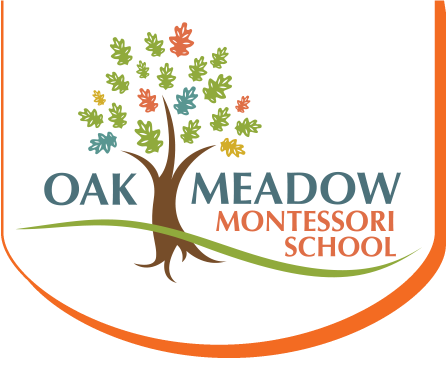In the last fifteen years, how much have computers and new communications changed the way you do things each day, at work and at home? Now look forward — how much do you think technology is likely to change your life in the next fifteen years? We all know that the pace of change is not leveling off; in fact it is accelerating, and this means there is likely to be the greatest impact on the lives of students as they go through their school years and enter the workforce.
According to the World Economic Forum, we will see the following over the next ten to fifteen years:
- Accelerations in technological change, especially artificial intelligence, robotics and automation
- Significant disruptions to the current workforce, including the likelihood that ⅓ of the US workforce will need to seek new training or new occupations in the next 10 years
- The elimination of many current occupations as well as the creation of new jobs and professions that don’t exist and have not yet been imagined
- Employers giving priority to job applicants who have demonstrated competence in skills such as creativity, entrepreneurship, and effective team work
Many people are referring to this societal transformation as the Fourth Industrial Revolution. If you’d like to know more about what this term means, here’s a helpful YouTube video: What is the Fourth Industrial Revolution?
What do these changes mean for schools? What impact will this have on teaching and learning in schools?

Brainstorming about important student skills
Every year the organization that oversees all independent schools nationwide (the National Association of Independent Schools), publishes a book summarizing the most important trends affecting education. According to the Trendbook published for the 2018-2019 school year, “Today’s independent school students will enter an economy that will place markedly different demands on workers than prior generations… Schools must prepare their students to make use of skills such as supervision, creativity, and emotional intelligence so they can find opportunities that withstand the oncoming rush of automation.” According to a 2017 NMC/CoSN Horizon Report on education, there is a trend in elementary and secondary schools nationwide to find “innovative ways to track the development of soft skills such as creativity and collaboration… deemed necessary for today’s workforce.”
One of the great benefits of a Montessori education, and of Oak Meadow in particular, is that our school has always been committed to teaching children practical life skills, in addition to developing academic competencies in math, science, reading, and writing. We also are ahead of other schools in the way we assess students in the development of skills. Parents are used to receiving thoughtful and extensive narrative assessments that highlight individual student achievements and growth as well as developing skills. It is the job of Oak Meadow teachers to be familiar with every nuance of a student’s academic journey, and that is obvious to parents who receive the student progress reports.

Distilling extensive input from the community into overarching themes
As part of the school’s effort to create a vision for the school’s future, this fall we’ve dug deeply into collecting your feedback and current data about the most important skills for students growing up today. We’ve collected volumes of data: through parent coffees with the head of school, teacher professional development days, interviews with parents, a parent survey (sent out this week!), interviews with high school admissions officers, interviews with OMS graduates and alumni, interviews with CEOs from local businesses and prominent organizations, and research from relevant institutions like the World Economic Forum. This week, teachers began to synthesize this research and data, with the goal of unpacking the OMS value proposition (student outcomes) in concrete ways that parents understand. Oak Meadow is really well ahead of the curve, compared with other schools, in developing “innovative ways to track the development of soft skills.” And we’re engaged with national organizations working at the leading edge of new practices in student assessment.
After the winter break, please join us for the Golden Bean on Friday, January 18th, from 8:45-9:30 a.m. We have spent considerable time listening to parents and organizing your input. Now we want to invite you to our first parent meeting summarizing our preliminary ideas about the school’s vision for the future. We are really excited about our work and would love to have your input at this stage in the process, before we finalize the school’s strategy.
Please add your comments:
- What did you think about the video posted above?
- What thoughts would you like to add about preparing students for the world they are growing up in today?





